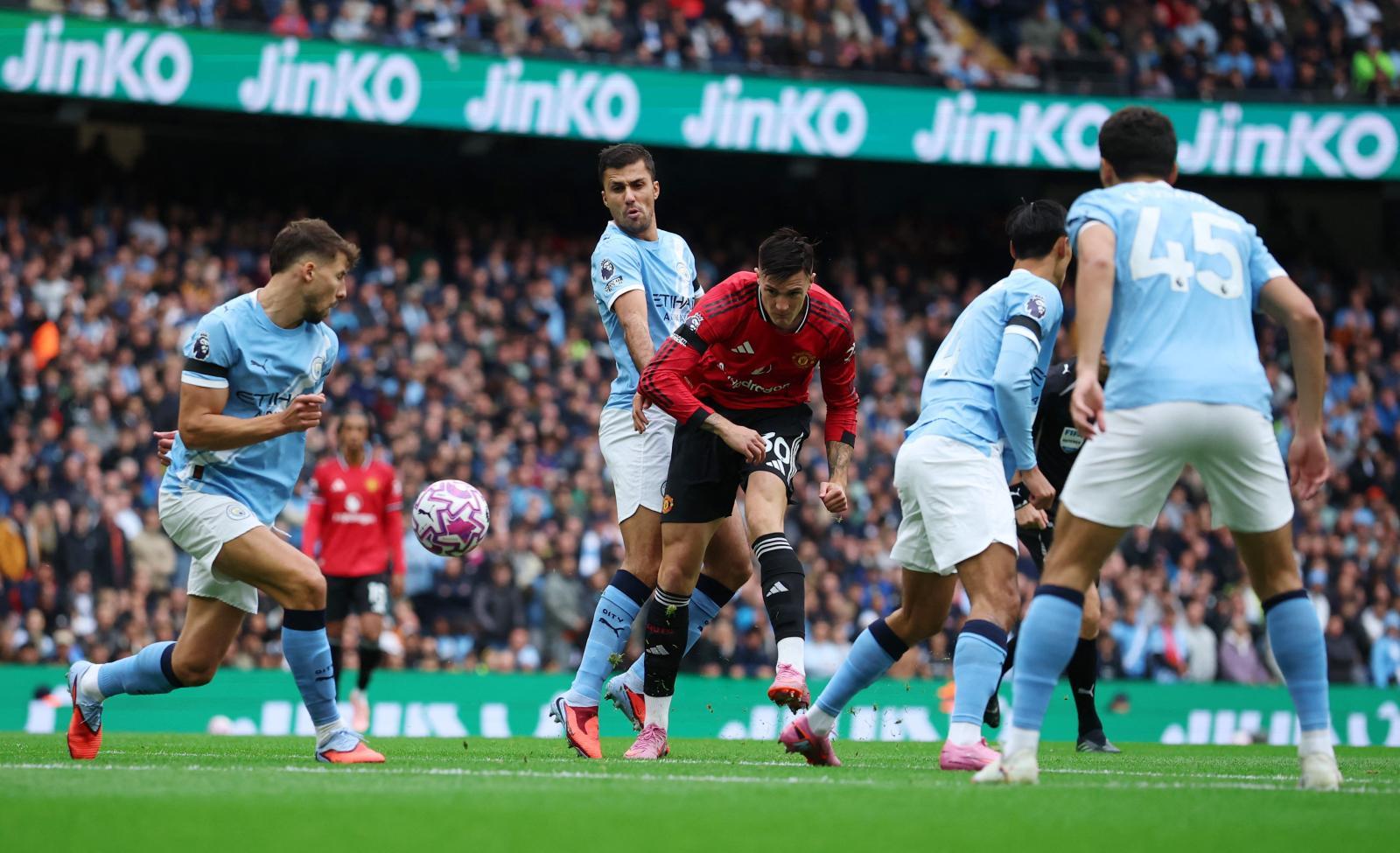
Judges Rule in Favor of MGM Resorts in Landmark Gambling Addiction Case
A federal appeals court recently made a significant decision in a case involving MGM Resorts and a New Jersey man who claimed the casino giant was responsible for his significant gambling losses due to his addiction. The court ruled that MGM cannot be held liable for the losses incurred by the man, highlighting important legal considerations regarding gambling addiction and the responsibilities of casinos.
Man Claims Casino Exploited His Gambling Addiction
Sam Antar, a self-proclaimed compulsive gambler and relative of the “Crazy Eddie” electronics chain founder, sought compensation after losing over $24 million in online bets between mid-2019 and early 2020. He alleged that MGM Resorts targeted him with relentless promotions and personal contact, despite being aware of his gambling problem. Antar claimed that MGM’s VIP program encouraged him to continue gambling by sending him over 1,800 messages offering bonuses and perks to entice him to play more on their online platforms, such as BetMGM and Borgata Online.
Court Ruling and Legal Analysis
On April 28, the Third Circuit Court of Appeals dismissed Antar’s claims, stating that New Jersey law does not hold casinos responsible for safeguarding gamblers who struggle with self-control. The court emphasized that state laws and past legal precedents have consistently protected casinos from liability in such cases. The judges also concluded that MGM’s promotional activities were not deceptive or fraudulent, and the casino did not engage in any illegal practices.
The court further noted that while the New Jersey Casino Control Act aims to regulate the gaming industry and protect consumers, it does not impose a duty on casinos to care for individuals with gambling addictions. Antar’s argument that MGM’s marketing tactics were akin to intentionally selling harmful products was rejected by the court, which viewed the promotions as standard advertising rather than manipulative schemes.
Implications for the Gambling Industry
The court’s ruling is seen as a victory for the gambling industry, reaffirming existing legal protections and raising questions about the need for enhanced consumer safeguards amidst concerns about gambling addiction. Despite Antar’s claims that MGM’s services had no value due to his compulsive behavior, the court maintained that customers still receive entertainment value from gambling, even if they incur losses. The decision underscores the complex legal landscape surrounding gambling addiction and the responsibilities of casinos in mitigating harm while allowing for recreational gambling.
As the debate continues on the balance between individual responsibility and corporate duty in cases of gambling addiction, the court’s decision sets a precedent for future legal proceedings and public discourse on the regulation of the gambling industry. While this ruling may disappoint individuals seeking compensation for gambling losses, it highlights the need for comprehensive approaches to addressing addiction and promoting responsible gambling practices.
การพิจารณาของศาลและการวิเคราะห์กฎหมาย
ในวันที่ 28 เมษายนที่ผ่านมา ศาลอุทธรณ์ชั้นสามปฏิเสธคำขอของแอนตาร์ โดยระบุว่ากฎหมายของรัฐเนวเจอร์ซีย์ไม่ให้ความรับผิดในการปกป้องนักพนันที่มีปัญหาในการควบคุมตัวเอง ศาลเน้นว่ากฎหมายรัฐและการเป็นตัวอย่างกฎหมายในอดีตได้ปกป้องคาสิโนจากความรับผิดในกรณีเช่นนี้ ผู้พิพากษายังสรุปว่ากิจกรรมโปรโมชั่นของ MGM ไม่ได้เป็นเท็จหรือฉ้อโกง และคาสิโนไม่ได้กระทำการผิดกฎหมายใดๆ
นอกจากนี้ศาลยังระบุว่า ถึงแม้พระราชบัญญัติควบคุมคาสิโนของรัฐเนวเจอร์ซีย์จะมีวัตถุประสงค์ในการควบคุมอุตสาหกรรมการพนันและปกป้องผู้บริโภค แต่กฎหมายไม่มีหน้าที่กำหนดให้คาสิโนดูแลบุคคลที่มีปัญหาในการพนัน ข้อสงสัยว่าการตลาดของ MGM ที่แอนตาร์อ้างว่าคล้ายกับการขายสินค้าที่อันตรายเจ้าของถูกปฏิเสธโดยศาลซึ่งเห็นว่าการโปรโมชั่นนี้เป็นเพียงการโฆษณามาตรฐานและไม่ใช่ชุดโปรโมชั่นที่มีแผนการทำลาย
ผลกระทบต่ออุตสาหกรรมการพนัน
การตัดสินใจของศาลถือเป็นชัยชนะสำคัญสำหรับอุตสาหกรรมการพนัน ยืนยันความคุ้มครองทางกฎหมายที่มีอยู่และเปิดข้อสงสัยเกี่ยวกับความจำเป็นในการป้องกันผู้บริโภคอย่างเพิ่มเติมต่อการพบกับปัญหาการพนัน แม้ว่าแอนตาร์อ้างว่าบริการของ MGM ไม่มีค่าความบันเทิงเนื่องจากพฤติกรรมแรงกลของเขา แต่ศาลยืนยันว่าลูกค้ายังได้รับความบันเทิงจากการพนัน แม้ว่าพวกเขาจะเสียเงิน
การตัดสินใจเน้นทำให้เห็นถึงภูมิทัศน์กฎหมายที่ซับซ้อนเกี่ยวกับการติดยางพาราในการพนันและความรับผิดของคาสิโนในการบรรเทาความเสียหายในขณะที่ยอมให้การพนันเป็นเรื่องสันสกฤตในเวลาว่าง
ในขณะที่การโต้แย้งยังคงอยู่เกี่ยวกับสมดุลระหว่างความรับผิดของบุคคลและหน้าที่ขององค์กรในกรณีการติดยางพาราในการพนัน การตัดสินของศาลกำหนดเส้นทางในการพิจารณาทางกฎหมายในอนาคตและการสาธิตในสาธารณะเกี่ยวกับการกำกับกิจกรรมของอุตสาหกรรมการพนัน แม้ว่าการตัดสินนี้อาจทำให้ผู้คนที่ต้องการรับค่าเสียหายจากการเสียเงินในการพนันผิดหวัง แต่ย้ำความจำเป็นสำหรับการใช้วิธีการที่ครอบคลุมในการจัดการกับการติดยางพาราและส่งเสริมวิธีการเดิมพันที่รับผิดชอบ










